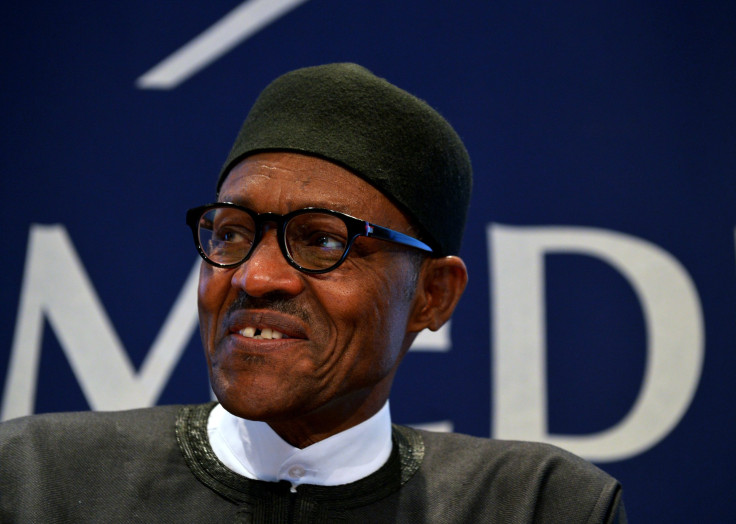Nigeria Budget 2016 Is Biggest Ever Proposed As Africa's Largest Economy Slowly Rebounds

The Nigerian government Monday proposed its biggest budget yet, to the tune of 6 trillion naira ($30.1 billion) for the 2016 fiscal year. The all-time high expenditure would be 15 percent greater than last year’s budget and would be spent on infrastructure projects in the West African nation, officials told local media.
Nigeria’s Federal Executive Council approved the framework for the 2016 budget at an emergency meeting Monday led by President Muhammadu Buhari. Speaking at a press conference after the meeting in Abuja, the budget and national planning minister Sen. Udoma Udo Udoma said the larger budget would be sourced from an increase in non-oil revenues and a reduction in government spending.
"All the increases actually will be spent on capital [goods], because there is the need to increase the capital because of the infrastructure issues that we have to address,” Udoma told local reporters, according to Vanguard newspaper. “We will get the funding from two sources. We are looking at trying to increase our non-oil revenue; we are looking at trying to get more money from the various government agencies, policing their collection and trying to get more money from them. We will also look at keeping down our recurrent budget; that means we are looking at savings that we can make from overheads. ”
Udoma said the government had pegged the crude oil price benchmark at an all-time low of $38 per barrel due to the uncertainty in global prices. The country expects to generate 2.2 million barrels of crude per day, he added. The government is still deciding whether to retain oil subsidies in the 2016 budget.
Nigeria, Africa’s leading oil producer, has suffered this year from an almost 60 percent plunge in crude prices since June last year, along with large-scale theft in the oil industry. Since taking office in late May, Buhari has placed revamping Nigeria’s corrupt oil sector and diversifying the crude-dependent economy among his top priorities.
The latest data from Nigeria’s National Bureau of Statistics, however, showed Africa's largest economy is slowly rebounding. Nigeria reported GDP growth for the first time in 2015 as oil production increased. Gross domestic product rose 2.8 percent in the third quarter of 2015 compared to a year ago, with the oil industry up 1.1 percent and some growth in non-oil sectors including agriculture as well as trade and services, according to Bloomberg.
© Copyright IBTimes 2024. All rights reserved.




















